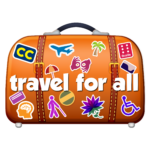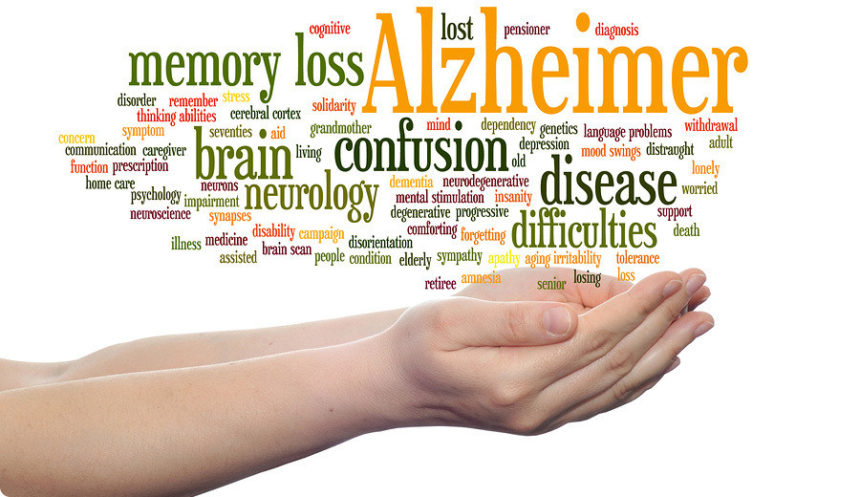A change of scenery and a break from the daily routine is always a welcome idea. However, as Alzheimer’s disease or other dementias progress, changes in abilities can make it difficult to get away.
Travel, however, can set you worlds apart from the everyday while enriching your life with memorable moments! Let the world be your oyster!
Careful planning will help you manage the changes in surroundings and routines. Here are some tips to make the trip easier.
When we plan holidays or even overnight trips, we recommend the following steps to make things smoother.
- Always work with a knowledgeable person for planning your flights, accommodation, transfers and tours. A professional will create an itemized itinerary that everyone should carry with them (especially the person with Alzheimer’s or Dementia)
- Keep a copy of the name and number of your hotel in a familiar spot in the person’s purse or pocket, so he can ask for help if needed.
- We suggest that you consider what stage the person is according to the Resiberg System.
Resiberg’s System:
Stage 1: No Impairment. During this stage, Alzheimer’s is not detectable, and no memory problems or other symptoms of dementia are evident.
Stage 2: Very Mild Decline. …
Stage 3: Mild Decline. …
Stage 4: Moderate Decline. We suggest that the traveler with Dementia be in the early stages (1-4) The earlier the more successful travel will be.
- When flying, we strongly suggest that ‘wheelchair assist’ be arranged with the airline. Although the traveler may NOT have any physical impairments, to ensure that the traveler not become frazzle with the size of the airport; it is safer to use this service.
- If you are independently arranging the trip, consider booking a holiday package; which has everything pre-arranged for you.
- Research the place that you will be visiting to make any changes and adjustments.
- If you are planning on visiting friends or your family members, it is smart to give them an update on any changes that the traveler with Dementia has experienced.
- Consider having medications ‘blister packed’ and keep a note from your physician detailing the condition, and a medication list.
- Register the person with the Alzheimer Society’s MedicAlert® Safely Home®. Members receive an engraved identification bracelet, which allows police and emergency responders to quickly identify a person who gets separated.
- We suggest that you carry recent photographs, details of what the person is wearing, and preferred places of interest. This will help during a search if one is necessary.




